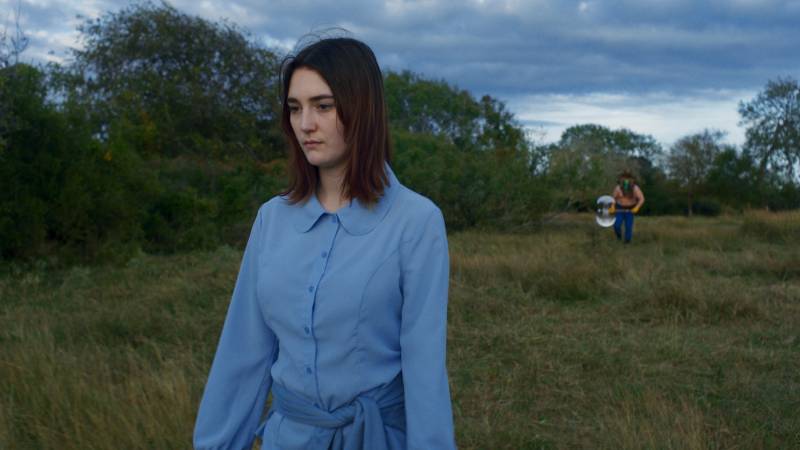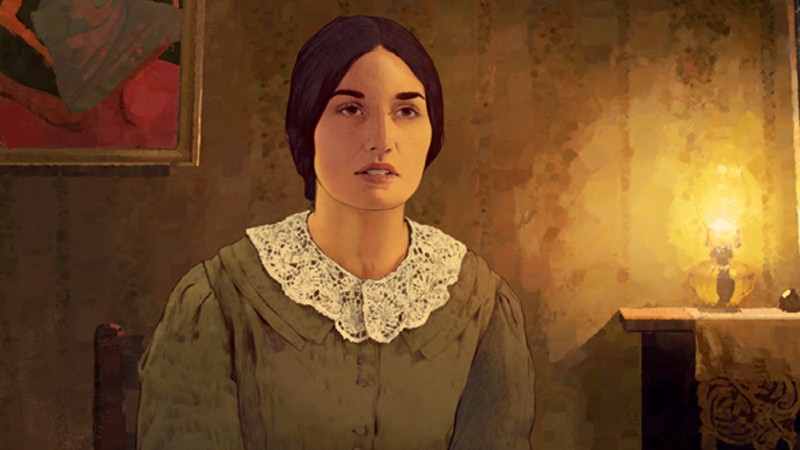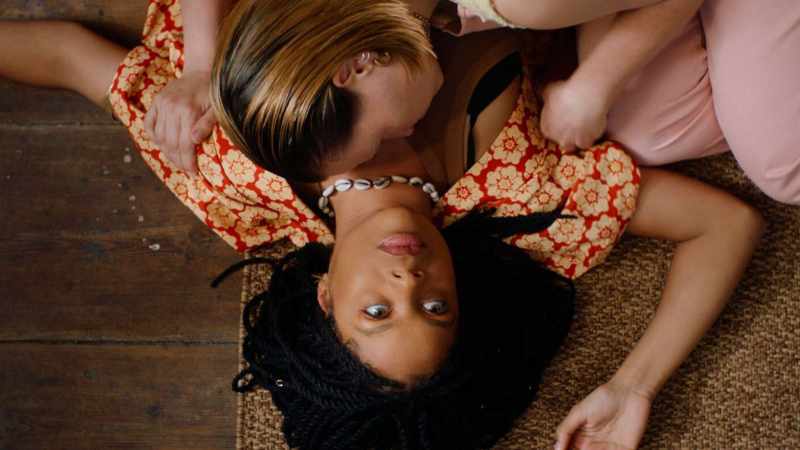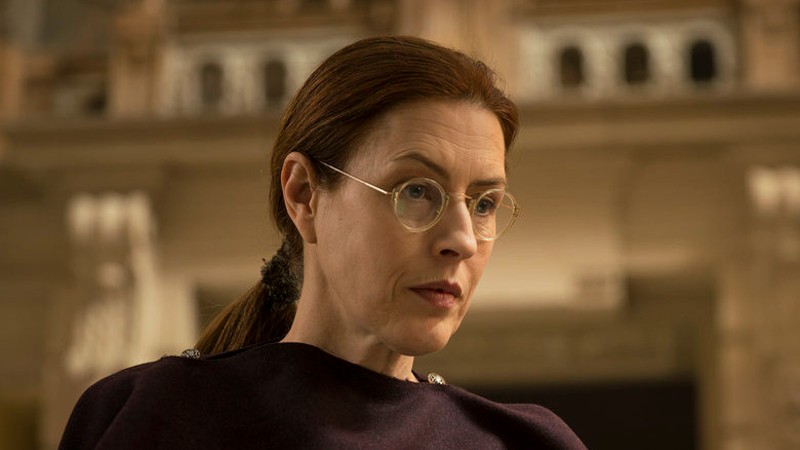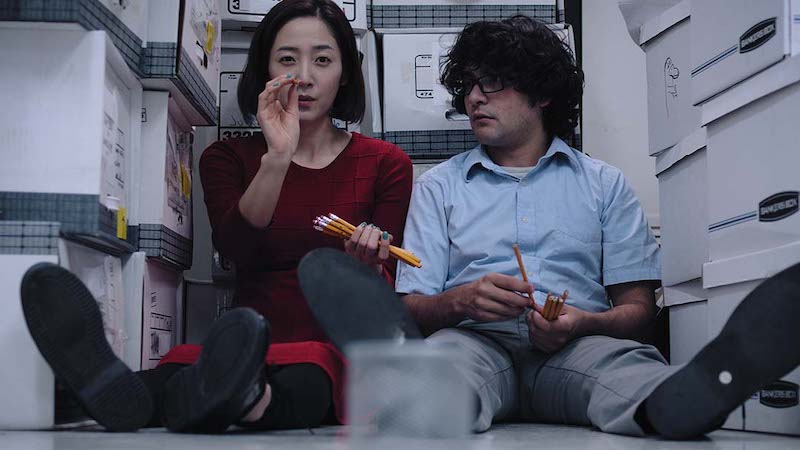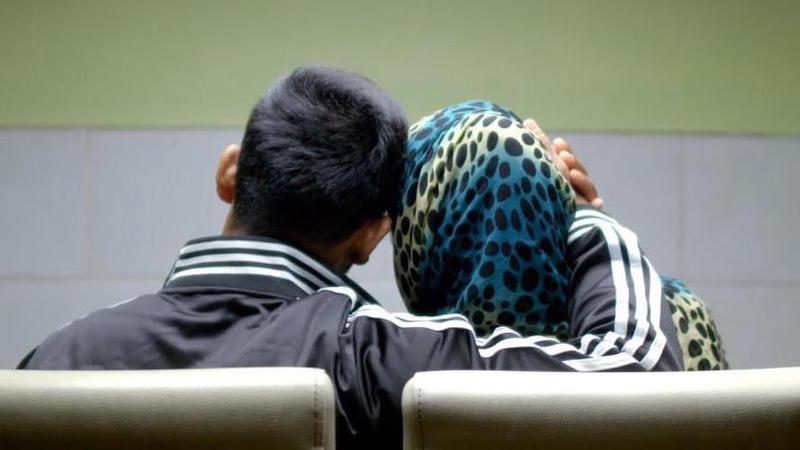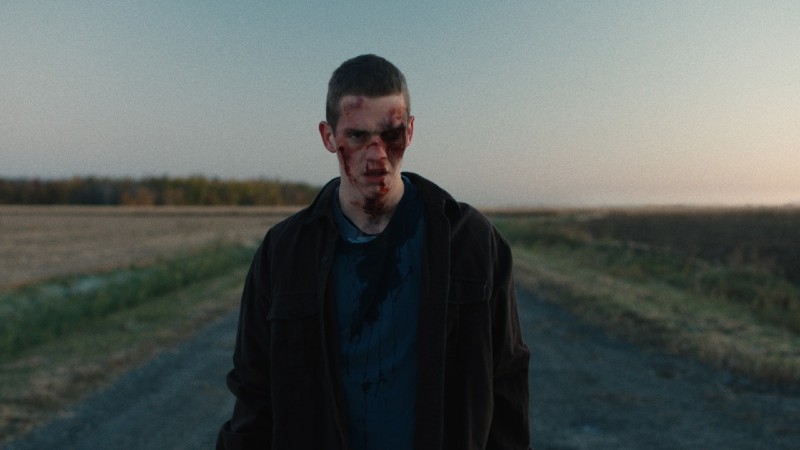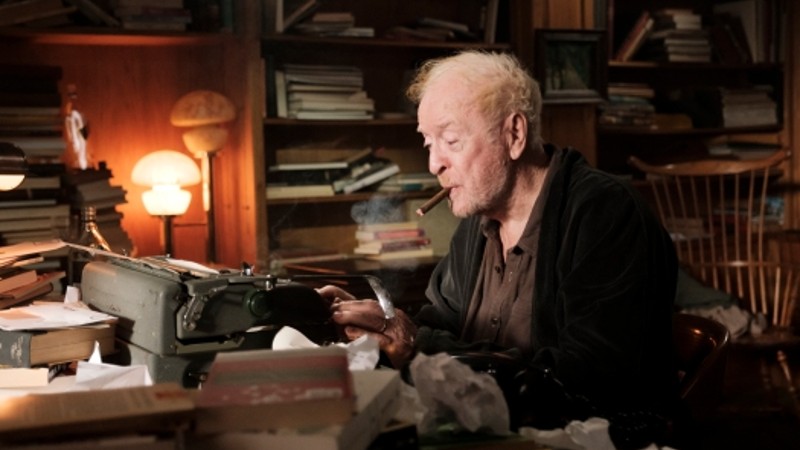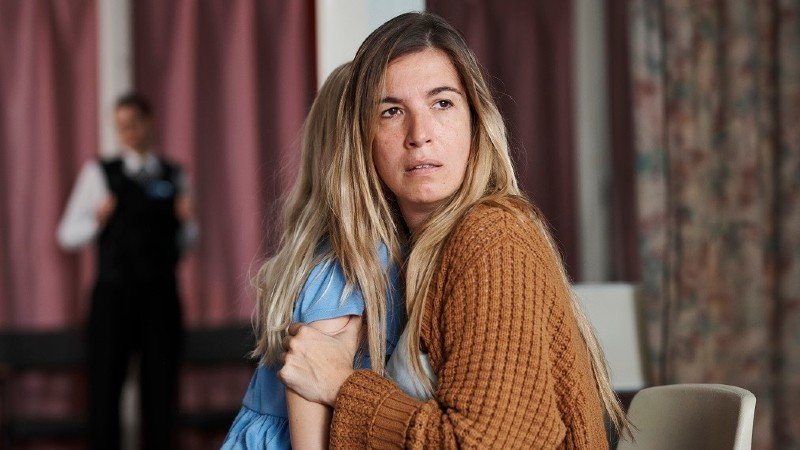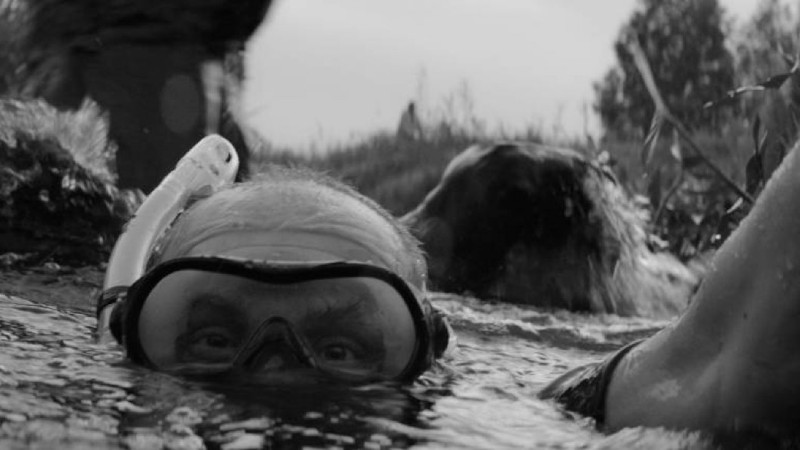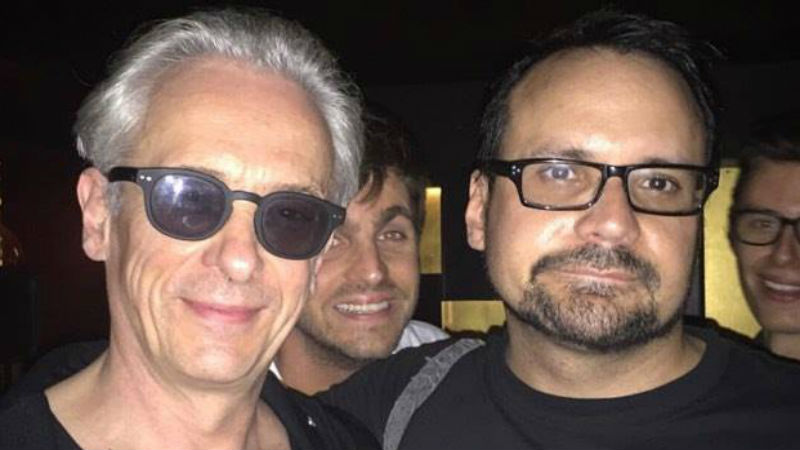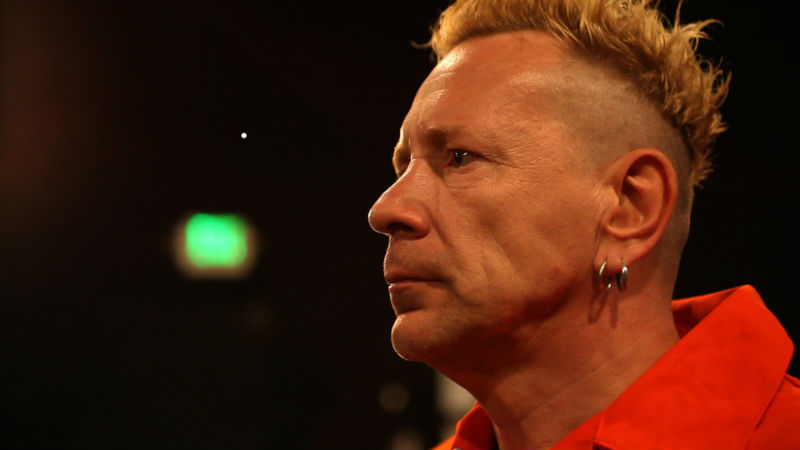Brittany Snow has been acting since she was a child, appearing in the US soap opera Guiding Light and episodic dramas including Seaquest DSV and From the Earth to the Moon. Her transition behind the camera, came first with the 2019 short film Milkshake. Her feature debut Parachute (2023), co-written with Becca Gleason is a thoughtful film that tackles heavy issues of eating disorders and mental health.
Parachute premieres at the 31st edition of Raindance!
…
.
Paul Risker – Parachute is your debut feature. How did the expectations compare to the realities of the experience, and has it always been your ambition to direct?
Brittany Snow – It wasn’t my ambition to direct. It seemed too daunting and I was insecure about not ever going to a film school. I think I was surprised how much I knew through my experiences as an actor and how much I needed to trust my intuition. Sometimes it seemed a little witchy how I knew things without really understanding how. During the pandemic, I put myself through mini film school and read, watched and listened to endless research on all things directing. I also asked a lot of questions and relied on people who were gifted at their jobs.
PR – Could you please tell us about the biggest challenges that an established actor has to overcome in order to become a director?
BS – I’m not sure if I’m too established in that way but personally, my biggest hurdle was people assuming I couldn’t do it. Perhaps as a woman having grown up as a kid actor and perhaps because of the films I’ve been in, it fuelled me to be better and learn more. I really love proving people wrong.
PR – What compelled you to believe in this film and decide to tell this story at this particular point in time?
BS – I always knew I wanted to tell this story. I felt there was a lack of films about living with addiction instead of focusing on the addiction itself. I find it more interesting to see how people are trying to love, fail, do common tasks, navigate friendships and live, not just seeing the interior of a rehab. Many people regard eating disorders and body dysmorphia as something vain or self-induced and I tried to show how all addictions are connected; people just use different drugs of choice. I felt this film could be a way for someone to feel less alone in their struggle.
PR – Is Parachute a political film?
BS – It’s not political but it is hopefully showing a societal norm that we perhaps need to question. Today, validation is intrinsically tied to social media and comparison. It’s more of an epidemic than I think people realise and has a hugely significant impact on addiction, mental health and depression. Obviously, I don’t have the answers but I think we need to start asking the questions.
PR – How do you use cinematography and editing in order to communicate the point-of-view of your character?
BS – It was important for me to always be honest. Thankfully, this is my own experience as well, so I decided to depict how I saw things in my own head. I hoped that my honesty of how I perceived my reality, translated in a way which could feel universal. The cinematography was done in a very specific way. I wanted the story to remain timeless and romantic. I wanted the audience to fall in love with how beautiful these little moments were and how relatable they seemed, spanning different time periods, even if they are painful and dealing with a subject some might not understand. The editing was so much fun to play with and we worked for a long time to make sure the non- linear storyline was used in a way to show someone’s interpretation of memories and not just as a “cool” device.
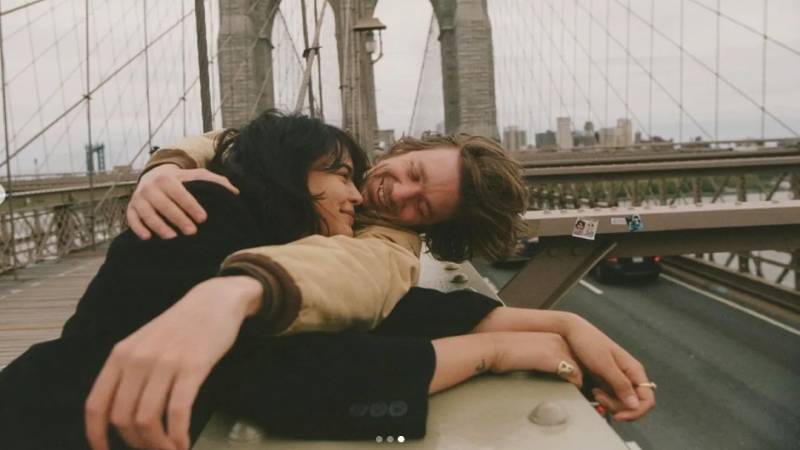
PR – The camera respects your character’s privacy and dignity, even in moments of severe self-loathing. Do you think that conveys the private hell that she’s forced to endure, and the limitations of external support networks?
BS – That was very intentional. My first priority was to not trigger anyone who had an ED or was going through any addiction currently. When you have an eating disorder you don’t always view your body as a body, you see darkness. I wanted the camera to show the anatomy of an addiction and not the beauty. Courtney Eaton is one of the most stunning human beings I’ve ever seen but we worked together to make sure we didn’t glamorize her struggle and she graciously let me really see her in the most human way.
PR – The film effectively peers beneath body image issues, to explore its psychological and emotional causes, but not in an intellectual or preachy way. Your thoughts?
BS – Thank you. That was my goal. I would say to my producers all the time, we cannot make this movie or it’s message didactic in any way. I am not an expert nor do I claim to be. Also, I do not think this disease can be summed up in one movie. Personally, I relate and find connection in things when it’s a shared experience and not a prescriptive lesson.
PR – Cinema is often described as an empathy machine,. Could you discuss the role art plays in creating conversations about, and representations of mental health and body image issues?
BS – I think it’s the most important medium we have. It’s hard to encapsulate someone’s mental health experience by using words alone but I think people can understand and relate to it through a feeling. (As cheesy as that sounds.) Art is the sinking into and the knowingness of that shared feeling. The more people relate, the more people share their stories and the more people we can help feel not as alone.
PR – Is it correct to say that Parachute is preoccupied with the difficulty of loving ourselves and being comfortable in our own company?
BS – Definitely. Thank you for picking up on that. A huge theme I wanted to portray was our inability as humans to be in the present moment. Parachute not only describes Ethan as a crutch to help her fall, but it also describes all the “easy buttons” people use to get out of “feeling” and being with ourselves. (Social media, food, people, podcasts, people pleasing, snark etc) I wanted this movie to shed some light on how we are all doing these things in one way or another and we can help each other by recognizing that.
PR – Parachute comments on body image – women are bombarded and programmed with expectations of how they should look, and how they should care for their appearance, in ways that men aren’t. Does this need changing, and how?
BS – That is a hard question because I do think it needs changing but it is so interwoven into culture and societal norms that I feel overwhelmed with how to suggest it changing. I find it refreshing that this generation coming up now is seeing through the curtain of “perfection” and laughing at it in a way. I think it takes people becoming vulnerable and accepting of themselves. I am victim to this as much as the next person but I try to give myself grace.
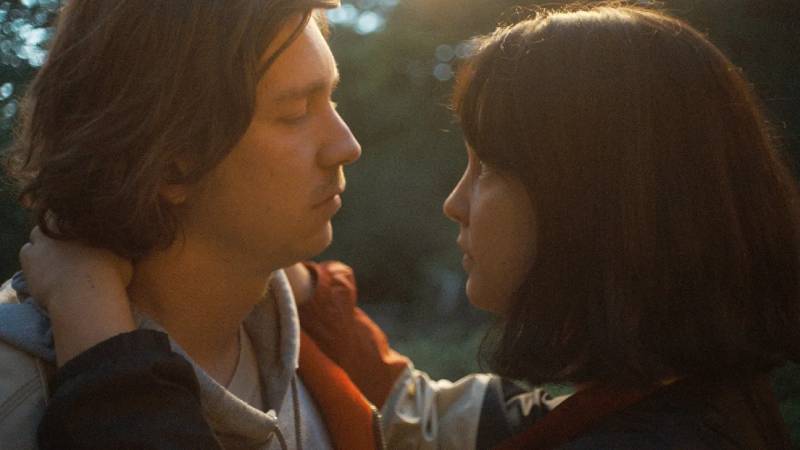
PR – Parachute‘s tension derives from the conflict between Riley’s public and private lives, that are in conflict with one another. Was this intentional, and what message are you trying to get across?
BS – It definitely was my intention. There’s a great quote that says, “people have their public life, their private life and then, they have their secret life.” I wanted to be brave enough to show someone’s secret life. The things we are all trying to hide but doing to merely get by. I think one of the great things about Riley is her drive to get better. She’s actively trying to be a good person it’s just very, very difficult. I remember telling Courtney to watch The Worst Person in the World (Joachim Trier, 2021) as many times as she could because there was such beauty in the main character’s relentless brazen quest to find herself. (Even when seemingly selfish and difficult).
PR – A British filmmaker called Carol Morley once told me: “You take it [a film] 90% of the way, and it is the audience that finishes it. So the audience by bringing themselves: their experiences, opinions and everything else to a film is what completes it.” Would you agree that there is a transfer of ownership?
BS – I would hope so. Everything is subjective. It’s been so lovely to hear different people’s perspectives on what they related to with the film.
PR – Is filmmaking transformative, and where/how do you change as a person?
BS – This has ultimately changed me more than anything I’ve ever done. I see myself in a new way and I have a new confidence and a knowing that I didn’t have before. Filmmaking to me is curiosity. I love being curious and asking as many questions about a subject or an idea as I can. I’m very lucky I get to do this now and ask even more questions.
…
.
The two images above are stills from Parachute. Britanny is pictured at the top of the article (image by Lara Jade)
Parachute premieres at the 31st edition of Raindance!









